Will your heating get more expensive under new fuel ban?
Owners of wood-burning stoves and open fires will be affected by government clean air plans
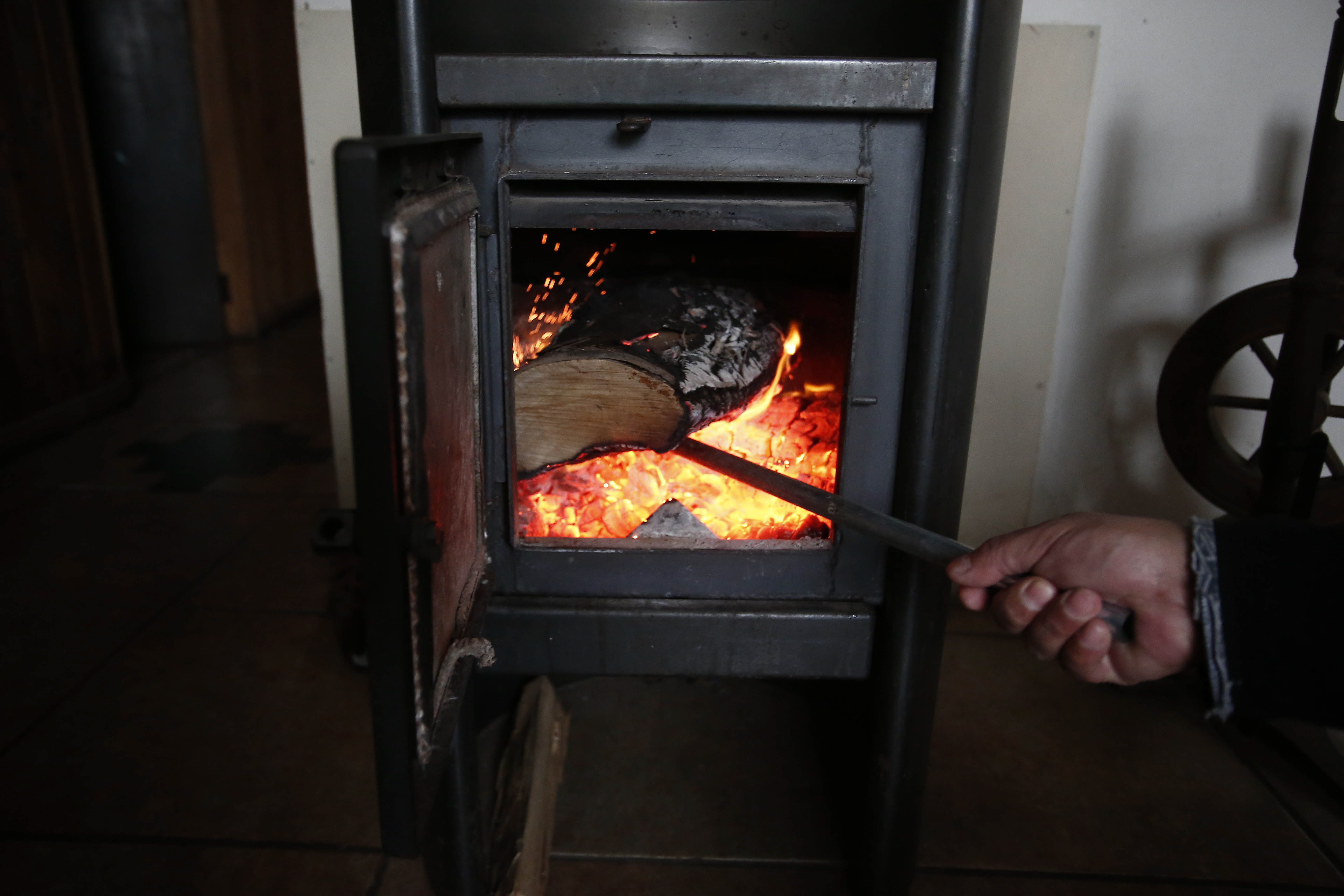
A free daily email with the biggest news stories of the day – and the best features from TheWeek.com
You are now subscribed
Your newsletter sign-up was successful
The sale of coal and “wet” wood is to be banned in England under new government plans to cut air pollution.
The move is part of an effort to tackle tiny pollutants known as PM2.5, which can penetrate into the lungs and blood, causing serious health problems.
The Government says the public should move to “cleaner alternatives” - but some critics claim the ban will result in higher heating bills for thousands of households.
The Week
Escape your echo chamber. Get the facts behind the news, plus analysis from multiple perspectives.

Sign up for The Week's Free Newsletters
From our morning news briefing to a weekly Good News Newsletter, get the best of The Week delivered directly to your inbox.
From our morning news briefing to a weekly Good News Newsletter, get the best of The Week delivered directly to your inbox.
What is PM2.5?
According to the Department for Environment, Food and Rural Affairs (Defra), wood burning stoves and coal fires are the single largest source of PM2.5, contributing three times as much of the pollution as road transport.
A PM measurement calculates the mixture of solid particles and liquid droplets in the air.
The government department says “there is understood to be no safe threshold below which no adverse effects would be anticipated” as a result of inhaling PM2.5.
A free daily email with the biggest news stories of the day – and the best features from TheWeek.com
PM2.5 “can exacerbate lung and heart conditions, significantly affecting quality of life and increase deaths and hospital admissions”, with the highest risk posed to “children, the elderly and those with predisposed respiratory and cardiovascular disease”, Defra warns.
What do the changes mean?
Under the new legislation, sales of bagged house coal will be phased out by February 2021, and the sale of loose coal direct to customers will end by 2023, the BBC reports.
Sales of wet wood in single units totalling under under two cubic metres will also be phased out from February next year, and “wet wood sold over these volumes will be required to come with advice on how to dry it ready for burning”, Defra advises.
Drying the wood reduces the amount of smoke and pollution produced when it is burnt, but bags of logs currently sold in DIY stores, garden centres and petrol stations often contain wet wood.
The new rules will also require manufacturers of solid fuels to show their products have a very low sulphur content and only emit a small amount of smoke.
Environment Secretary George Eustice said: “Cosy open fires and wood-burning stoves are at the heart of many homes up and down the country, but the use of certain fuels means that they are also the biggest source of the most harmful pollutant that is affecting people in the UK.
“By moving towards the use of cleaner fuels such as dry wood, we can all play a part in improving the health of millions of people. This is the latest step in delivering on the challenge we set ourselves in our world-leading clean air strategy.”
What do critics say?
Ian Gregory, an independent lobbyist for the fuel industry, claims that some of England’s poorest households may be left out of pocket as a result of the ban, which will affect an estimated 2.5 million homes.
“This is appalling news for the rural poor,” he told the Daily Express. “Nearly four million people are off the gas grid in the UK. Many of them keep their homes warm with coal because they can’t afford briquettes, which cost twice as much.”
Briquettes are dry, compressed blocks of coal dust or other inflammable materials such as recycled wood waste, and are also more expensive than standard firewood.
Many homeowners have also posted angry messages online criticising the move, with one user tweeting: “So as coal & wood fires are to be banned from next February & coal deliveries are to be phased out... can you please tell me how I am supposed to heat my home… answers on a postcard please.”
-
 Quiz of The Week: 7 – 13 February
Quiz of The Week: 7 – 13 FebruaryQuiz Have you been paying attention to The Week’s news?
-
 Nordic combined: the Winter Olympics sport that bars women
Nordic combined: the Winter Olympics sport that bars womenIn The Spotlight Female athletes excluded from participation in demanding double-discipline events at Milano-Cortina
-
 Samurai: a ‘blockbuster’ display of Japanese heritage
Samurai: a ‘blockbuster’ display of Japanese heritageThe Week Recommends British Museum show offers a ‘scintillating journey’ through ‘a world of gore, power and artistic beauty’
-
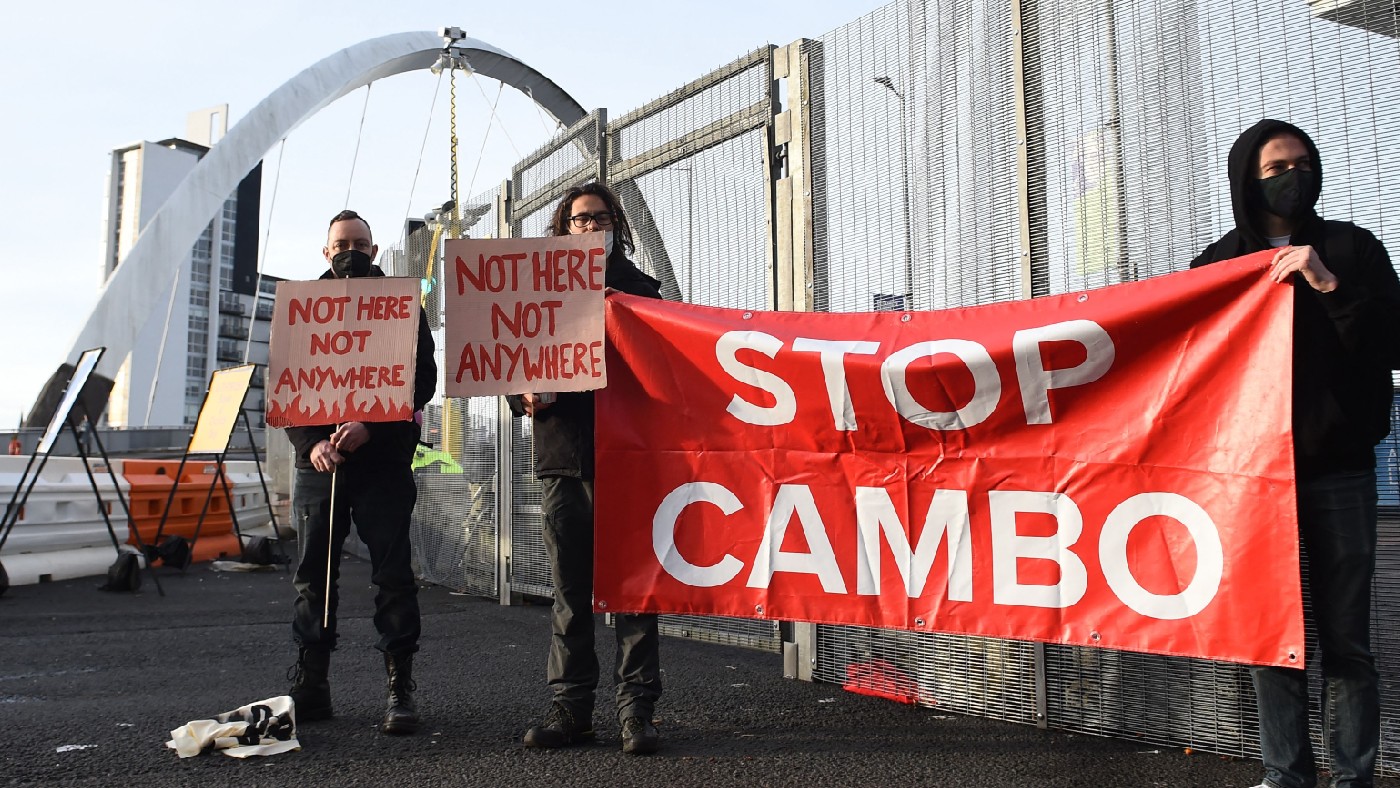 Shell’s North Sea oil U-turn: ‘a first victory in a longer war’?
Shell’s North Sea oil U-turn: ‘a first victory in a longer war’?Speed Read Controversy after oil giant pulls out of proposed Cambo project
-
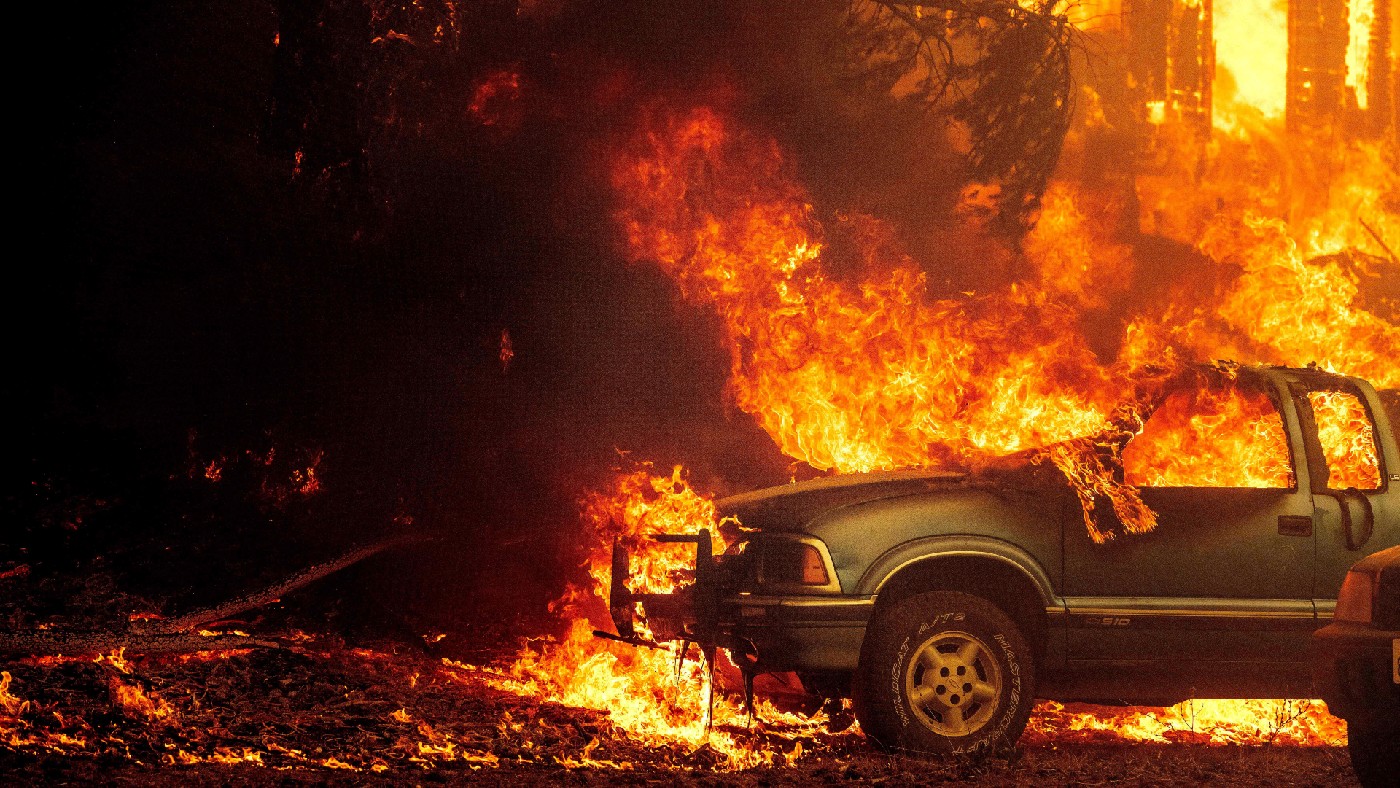 Fires, floods and storms: America’s ‘permanent emergency’ has begun
Fires, floods and storms: America’s ‘permanent emergency’ has begunSpeed Read This summer of climate horror feels like the ‘first, vertiginous 15 minutes of a disaster movie’, says The New York Times
-
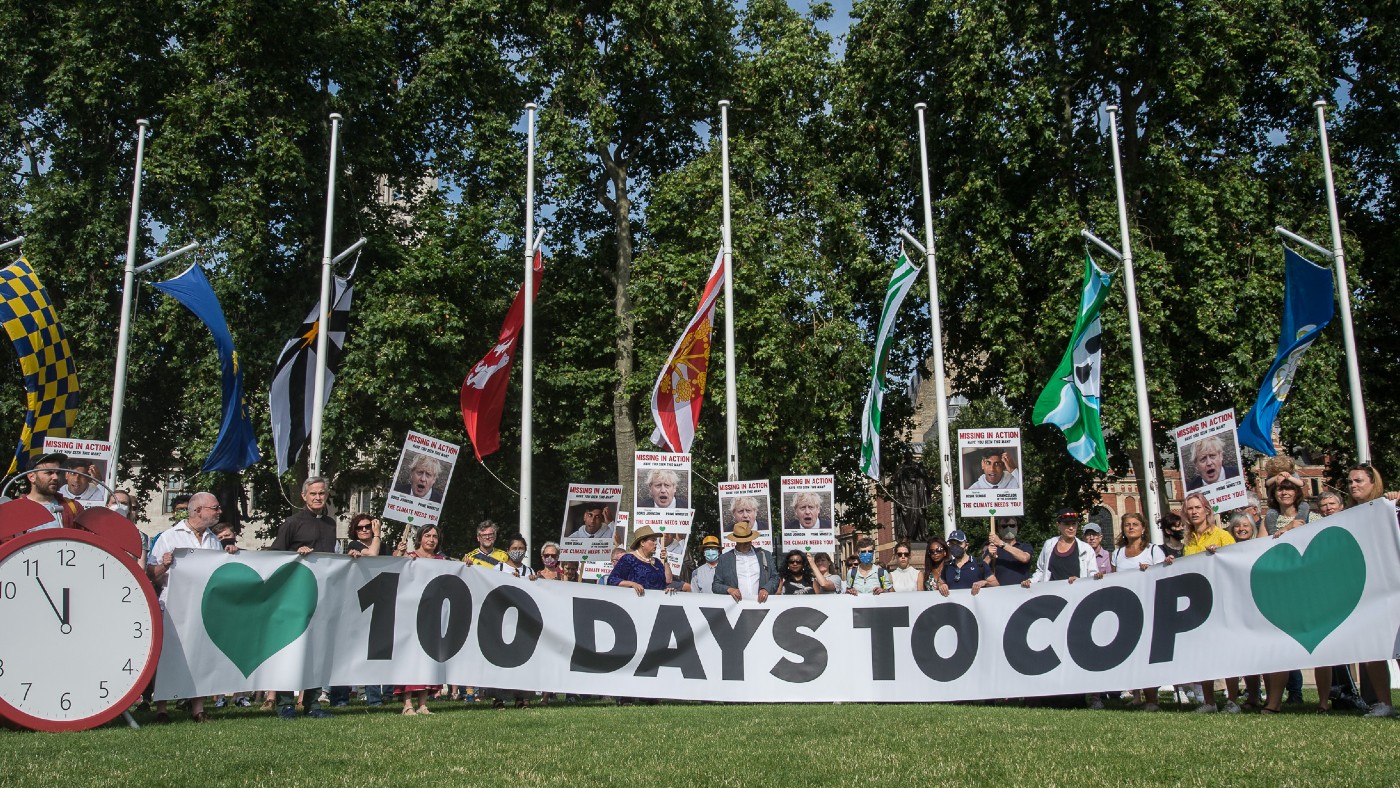 Hot air and empty rhetoric: is the UK acting too slowly on climate change?
Hot air and empty rhetoric: is the UK acting too slowly on climate change?Speed Read ‘Every day, new evidence accumulates that humanity is on an unsustainable path’
-
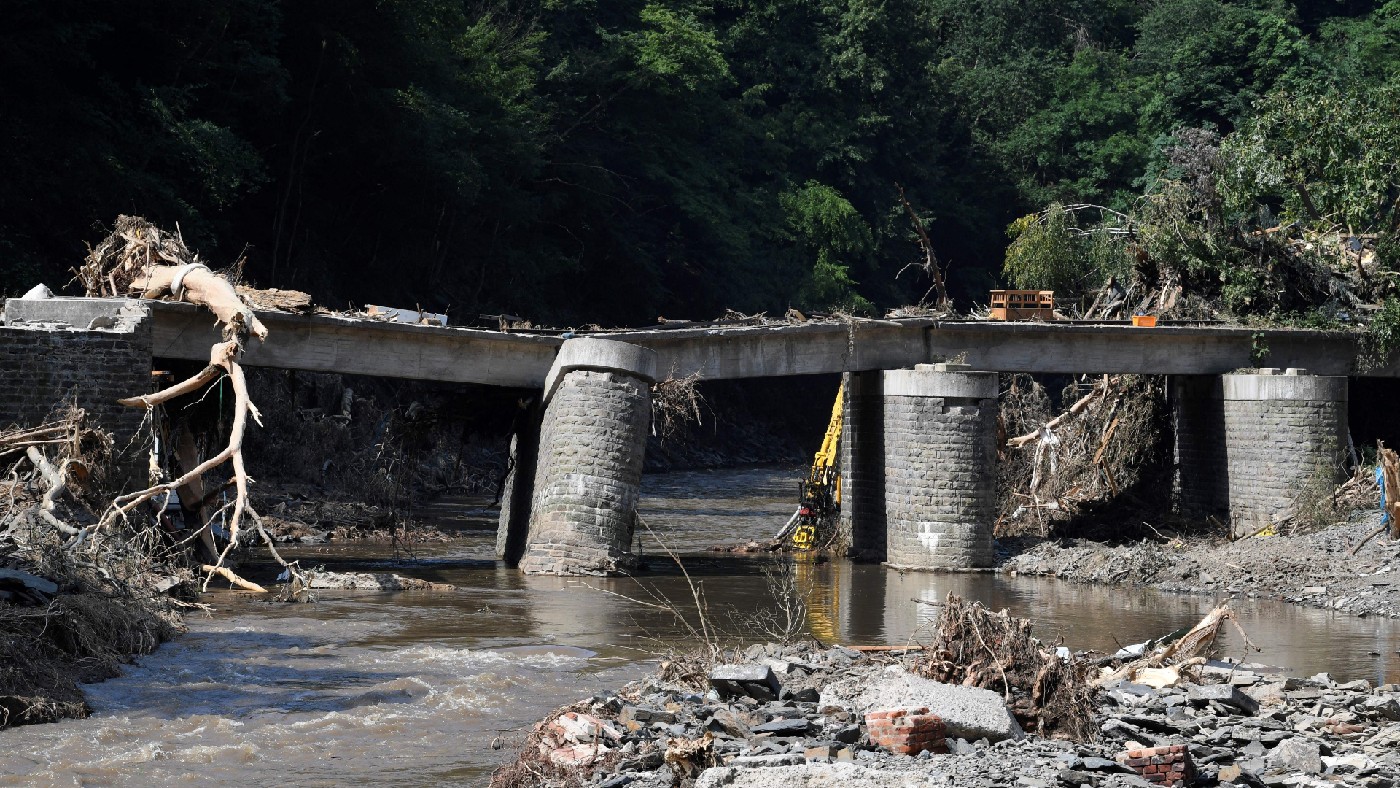 Germany floods: what led to this ‘once-in-a-century’ disaster?
Germany floods: what led to this ‘once-in-a-century’ disaster?Speed Read Nearly 200 people died in Germany and Belgium; hundreds are still unaccounted for
-
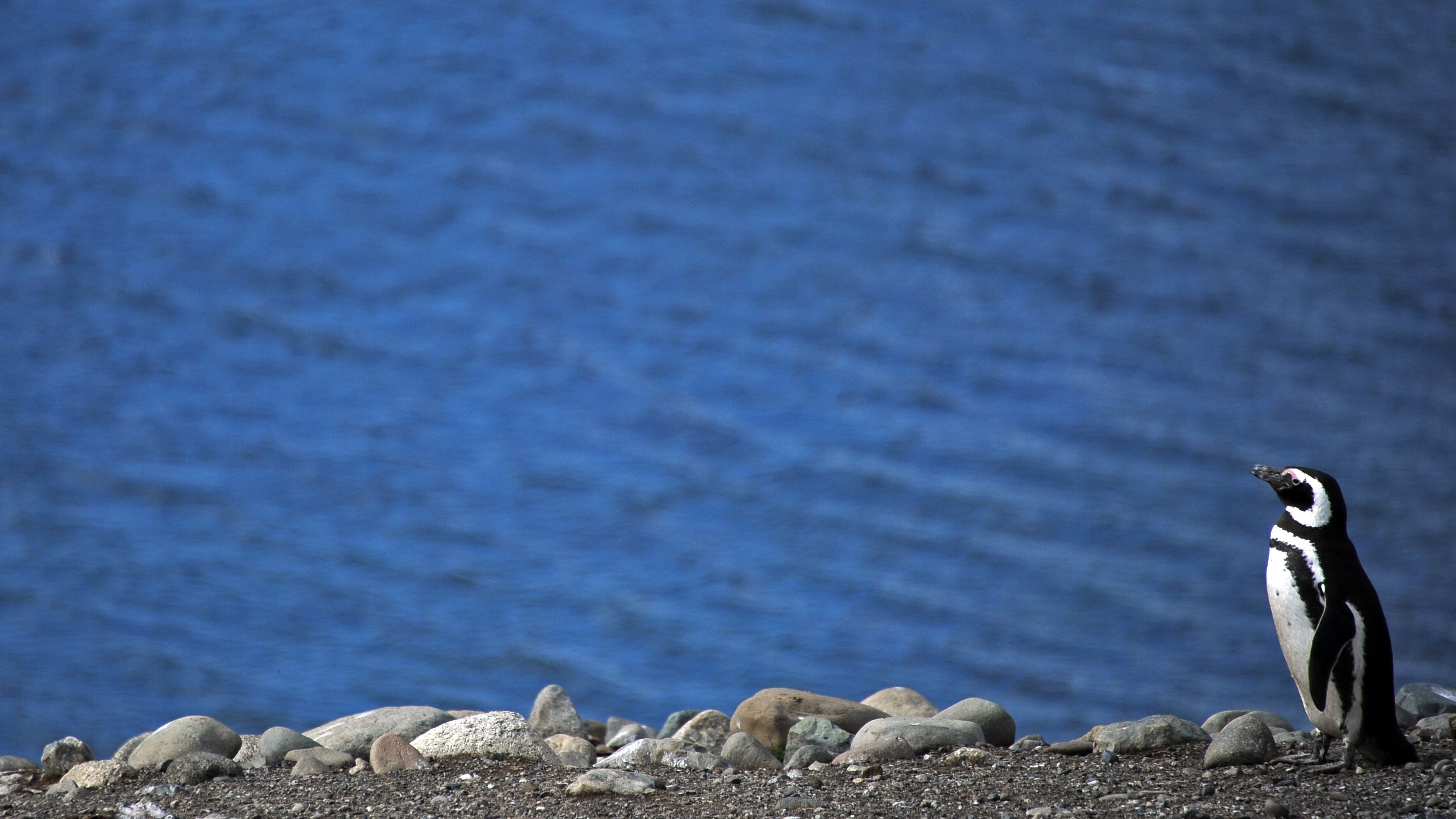 Penguin colony at risk as Somerset-sized iceberg bears down on British overseas territory
Penguin colony at risk as Somerset-sized iceberg bears down on British overseas territorySpeed Read Several species face starvation if the icy giant blocks access to feeding grounds
-
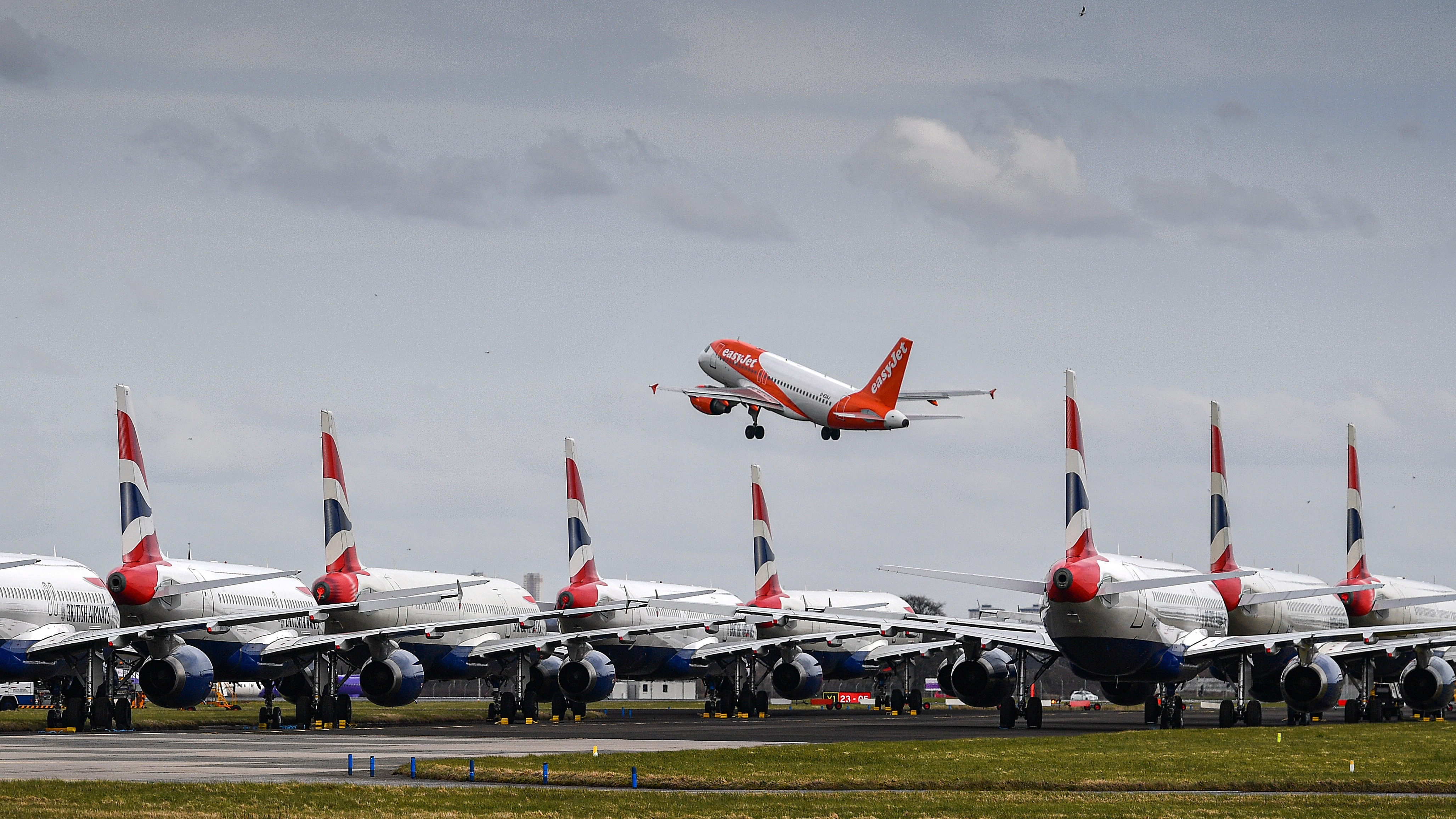 ‘Full of hot air’: climate experts exposed as academia’s most frequent flyers
‘Full of hot air’: climate experts exposed as academia’s most frequent flyersSpeed Read Study results trigger calls for environmentalists to ‘look in the mirror’
-
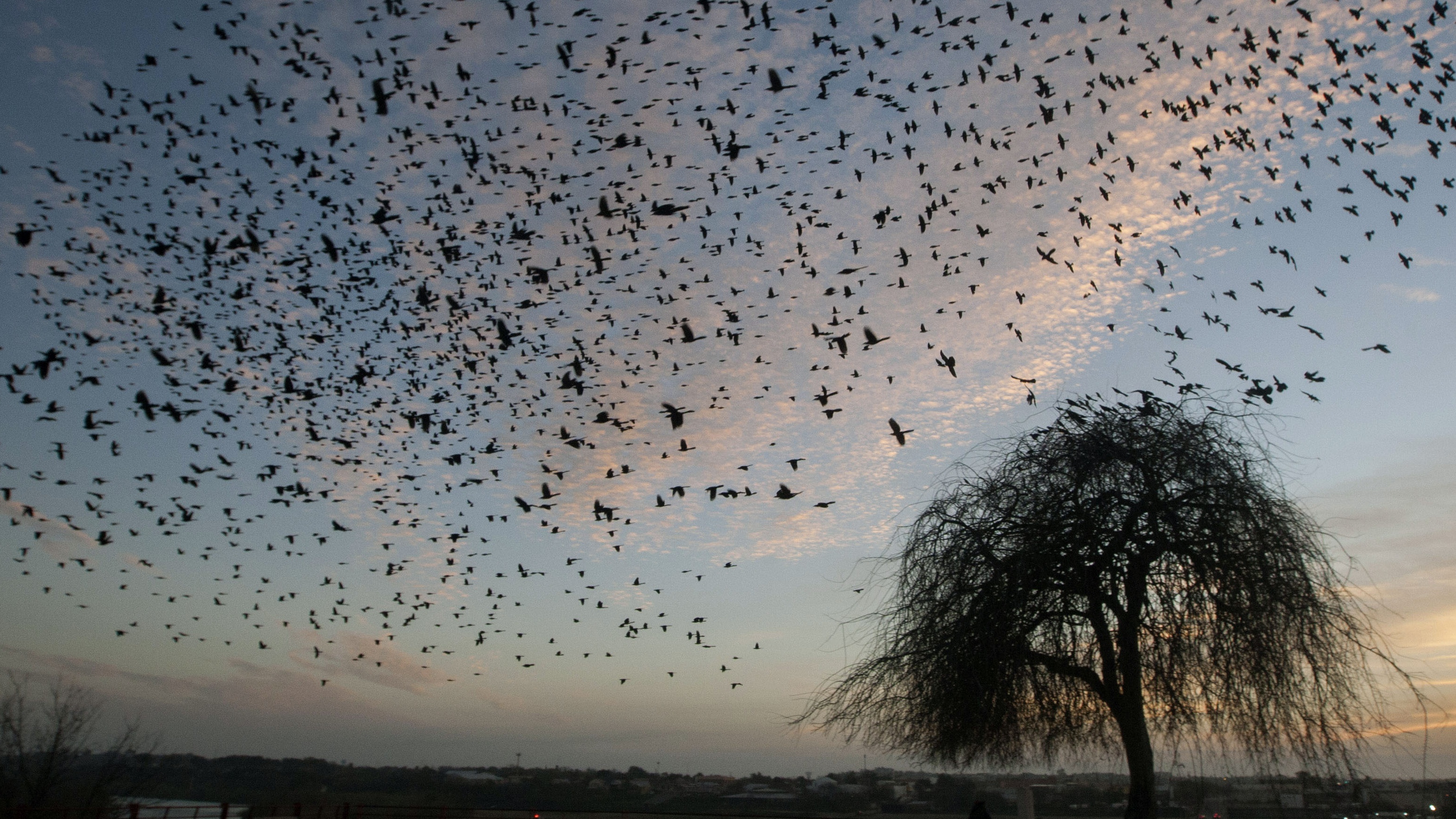 Mystery of millions of migrating birds dropping dead from US skies
Mystery of millions of migrating birds dropping dead from US skiesSpeed Read Some experts believe the West Coast wildfires may be to blame for ‘unprecedented’ mass bird deaths in New Mexico
-
 Americans warned not to plant mystery seeds being sent to homes nationwide from China
Americans warned not to plant mystery seeds being sent to homes nationwide from ChinaSpeed Read Officials say the unsolicited packages have been mailed to residents in at least 27 US states